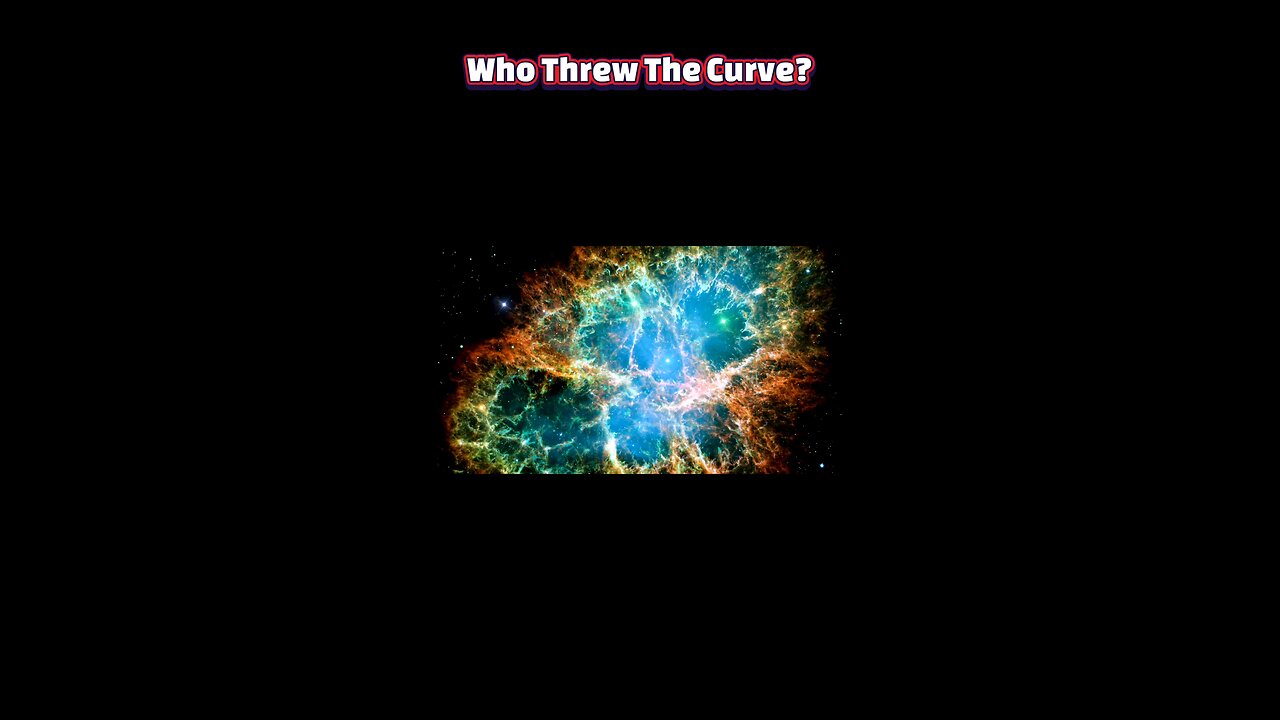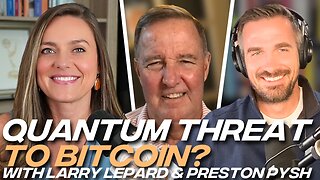Premium Only Content

Did the Universe Bounce Back? Supercomputers vs the Big Bang
#BigBangTheory #CosmicBounce #SupercomputerScience #UniverseOrigins #AstrophysicsExplained #SpaceMysteries #QuantumGravity #CosmicDawn #ScienceYouTube #MindBlown
For nearly a century the Big Bang has been treated as the origin of space and time, but modern cosmology asks a sharper question: was that explosive beginning actually a rebound from an earlier, contracting cosmos? Recent work using supercomputers and the full nonlinearity of Einstein’s equations has pushed this question from philosophical speculation into testable mathematics, showing which pre-Big Bang scenarios survive rigorous numerical scrutiny and which do not.
The technical advance driving the reassessment is numerical relativity: large-scale simulations that solve Einstein’s field equations in extreme, nonlinear regimes where paper-and-pencil approximations fail. These simulations can follow contracting universes toward singularities and explore whether the approach is chaotic, smooth, or amenable to a bounce that transitions contraction into expansion. By relaxing standard assumptions, such as perfect uniformity, researchers can see how realistic inhomogeneities and anisotropies affect any putative rebound.
Applied to concrete proposals, the simulations help discriminate among competing pictures: chaotic “mixmaster” singularities where different regions evolve independently; smooth bounce scenarios in which new physics or effective pressures reverse collapse; and higher-dimensional brane-collision models inspired by string theory. Supercomputers don’t yet deliver a single answer, but they substantially narrow the range of mathematically consistent models and reveal which mechanisms could plausibly reproduce the observed large-scale structure and cosmic microwave background patterns.
Even if a bounce is mathematically possible, big conceptual gaps remain. Any true rebound must address how quantum gravity behaves at Planckian densities, how entropy and the arrow of time are treated across a bounce, and whether observational signatures of a prehistory survive to be measured today. Current simulations illuminate the space of possibilities and point toward observational tests, but they do not yet replace the need for a working theory that unites general relativity with quantum mechanics.
The emerging picture is therefore both humbling and exciting: the Big Bang might be a singular beginning, or it might be the latest chapter in a longer cosmic cycle, but either way, supercomputers have transformed the question from idle metaphysics into an empirical program. Continued numerical work, guided by advances in theory and data, will keep shrinking the set of viable pre-Big Bang narratives until observations can confirm or rule out the boldest rebound scenarios.
-
 UPCOMING
UPCOMING
BEK TV
21 hours agoTrent Loos in the Morning - 11/05/2025
951 -
 LIVE
LIVE
The Bubba Army
20 hours agoUPS PLANE EXPLODES - What Went Wrong? - Bubba the Love Sponge® Show | 11/05/25
7,130 watching -
 16:38
16:38
James Klüg
18 hours agoFOOD STAMPS RAN OUT, Will People Loot?
13.8K27 -
 23:56
23:56
Producer Michael
17 hours agoBuying My Wife a $500,000 Diamond Necklace!
3.97K9 -
 22:31
22:31
Jasmin Laine
14 hours agoLara Trump SILENCES Liberal Canada—Bank ADMITS We Have NO Other Options
5.02K13 -
 16:34
16:34
Rethinking the Dollar
18 hours agoMetals Capped, Crypto Held Back: How Banks Are Quietly Building A Digital Finance Empire
4.03K8 -
 38:21
38:21
Uncommon Sense In Current Times
15 hours agoWho You Really Are | Dr. Neil Anderson on Identity, Freedom & the Power of Truth in Christ
13.2K2 -
 8:05
8:05
Millionaire Mentor
18 hours agoMegyn Kelly SHOCKED As Hunter Biden Spills Kamala’s Dirty Secret
4.98K3 -
 9:26
9:26
TheSaltyCracker
15 hours agoHero Cop Puts Down Lunatic Holding a Kid Hostage at Knife Point
25.5K182 -
 1:27:58
1:27:58
Coin Stories with Natalie Brunell
15 hours agoQuantum Threat to Bitcoin? Pysh & Lepard Break Down Quantum, A.I. Displacement and Growing Socialism
4.06K3